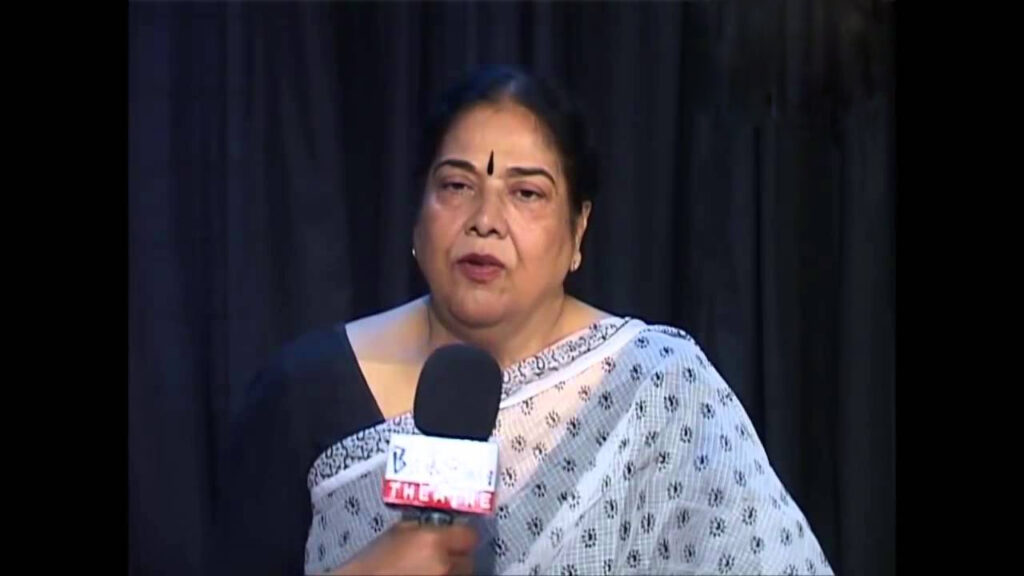Despite the growing popularity of web series and the dominance of the Indian film industry, the Indian theatre scene has managed to still relevant even today. Not just relevant, theatre is growing continually and attracting aspiring stage actors and also bringing established film industry actors to the stage. This is largely owing to the patrons of the theatre. One such person who has been working hard to take theatre to new heights in Indian theatre is the director-actor and activist, Usha Ganguly.
Usha Ganguly, who started out in 1970 as just a teacher in a college in Kolkata, entered the theatre world as an actor. She became a part of the Sangit Kala Mandir in 1970 and her first play was Mitti Ki Gadi. Cut to six years later and she had established her own theatre company Rangakarmee. Initially, Rangakarmee invited outside directors like Bibhash Chakraborty, Rudraprasad Sengupta, and M.K Anvase to direct the plays since Ganguly had trained as a Bharatnatyam dancer. However in 1980, after gaining some training under Tripti Mitra and Mrinal Sen, she started directing Rangakarmee’s plays herself.
Since then Usha Ganguly has gone on to direct plays like Mahabhoj in 1984, Lokkatha in 1987, Holi in 1989, Rudali in 1992, Kashinama in 2003 and many more. Her other notable plays include Court Martial and Himmat Mai. One of the most unforgettable moments for Rangakarmee was probably when it became the only Indian theatre group to perform at the Theatre der Welt Festival in Stuttgart in 2005.
Although born in Rajasthan, Usha studied in Kolkata and ultimately settled there. Usha is credited with renewing Hindi theatre in Kolkata with her young crew, energy, and discipline. So much is her love for theatre that she has been publicly vocal about the non-commercialization of theatre. Usha Ganguly also believes that Indian theatre has not reached the levels it is capable of.

